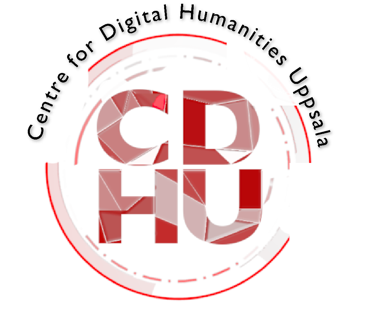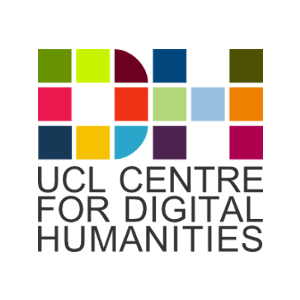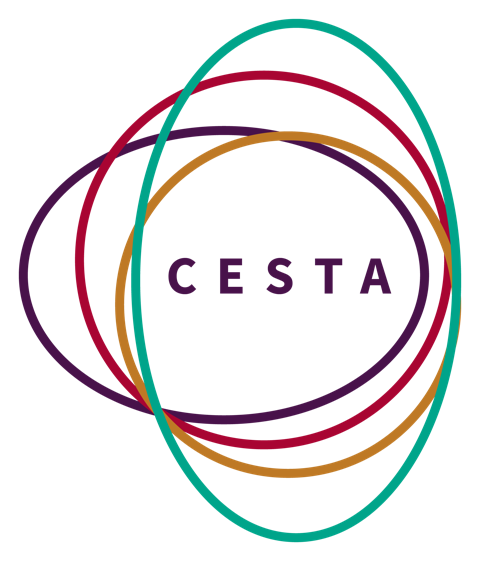January 27, 2021
From Engagement to Retreat? Historians and Digital Preservation 1968-2003
Ian Milligan, University of Waterloo
View the talk
Abstract: Historians have had a long track record of engaging with born-digital sources and critical conversations around digital preservation and access with archivists and librarians. During the 1960s and 70s, historians played a prominent role, helping to shape the conversation and early digital preservation efforts. Yet, by the late 1990s, historians largely disappeared from the conversation. In this presentation, part of his broader project “Averting the Digital Dark Age,” Ian explores the relationship between historians and born-digital primary sources between 1968 and 2003.
Ian Milligan is an Associate Professor of History at the University of Waterloo in Canada. A historian of cultural history, he has written on youth culture in 1960s Canada and specializes in the history of the web. He is the author of three books, including most recently History in the Age of Abundance (2019).
Response by Agnieszka Backman and Hannah Smyth:
Ian Milligan’s talk on historians’ engagement with digital-born sources from the 1960s until today show a recurring grappling with the ephemerality of digital records and their preservation. While historians in the 1960s and 1970s were already trying to make records machine-readable and available to future historians, i.e. made permanent, the 1980s and networked communication brought on further conceptual ephemerality of email (was it more like a phone conversation or a printed document?). With the 1990s invention of the World Wide Web, the issue was ceded to archivists, librarians, and information scientists. The Digital History of the early years, interested in doing quantitative, computational research, is not the forerunner of our current Digital Humanities that developed from public history and outreach programs, yet we are still struggling with the same questions of ephemerality and sustainability of data and resources as ‘the internet is not naturally archival.’
Primarily, questions raised in the discussion revolved around the absence of historians - and other scholarly communities - from the table in shaping digital preservation, and the possible reasons for this e.g.: bias towards ‘physical’ archives and preconceptions about authenticity; the changing social status of the historian; preoccupation with postmodernism; and the framing of history as certain types of writing, less concerned with ‘the long-now’ - the now that stretches thousands of years ahead of us, not just the next 50 - and how records may be preserved in the face of nuclear war or civilization collapse. Evolving challenges in preserving social web or ‘Web 2.0’ data were also raised, primarily the issues of privacy and ethics, and of capturing web artefacts such as Census forms or online surveys, many which have not been preserved, limiting research on how people interacted with them and the semiotic framing of the questions. Discussion also picked up on the related matters of digital data migration and storage, and the environmental impact and sustainability challenges they raise.
There is a need for a re-acquaintment of the fields of History and Archives and Records Management, sharing as they do common origins, and closer engagement regarding theory and praxis but especially appraisal, digital preservation, and their wider implications. This is needed at the level of university training, not just for career historians. Demystifying and skilling for the use of the archived web and electronic records may also encourage an appreciation of their value not just as source material but as material to be captured and preserved with their own unique practices and challenges.
Bridging the gap between the Digital Humanities and the Humanities, between digital history and ‘big h’ History. Not every historian (or archivist) needs to be a programmer, but digital methods should be seen as part of the basic toolkit that every historian or humanist learns, without superseding the real humanistic research questions. Historians are and should be well placed to respond to Web 2.0 data, raw material for the future of social history. For example, there could be greater recognition of the value of social media as historical records, and as themselves archival. Historians already work with a certain amount of ‘abundance’. Yet there is a need to embrace, to get comfortable and learn to work with abundance more specifically in this ‘big data’ sense.
Respondents:
Agnieszka Backman is a Wallenberg Postdoctoral Fellow at Stanford University at the Center for Spatial and Textual Analysis. She works on the affordances of medieval manuscripts in digital repositories. Her PhD is in Scandinavian Languages.
Hannah Smyth is a PhD student at UCL and a member of the Critical Heritage Europe (CHEurope) research and training consortium. Her research is on digitisation and feminist commemoration in the Republic of Ireland.


